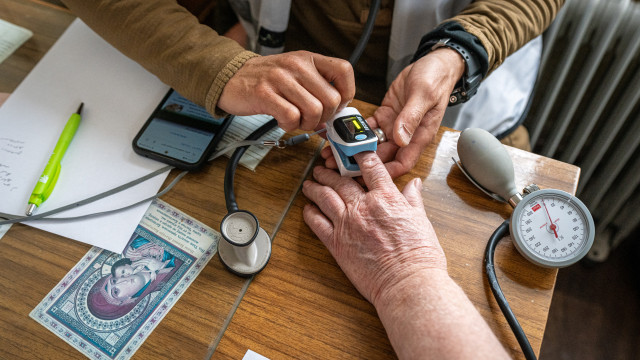STAY UP TO DATE...
I accept terms & conditions and privacy policy.
I want to receive Exclusive Offers from partners (advertising)
Thank you for your registration

HEALTH
Risks
08/04/25

HEALTH
Politics
28/03/25

HEALTH
Psychology
27/03/25

HEALTH
Medical science
27/03/25

HEALTH
Animal
27/03/25

HEALTH
Winter
27/03/25

HEALTH
Symptoms
27/03/25

HEALTH
Stomach
27/03/25

HEALTH
Diet
27/03/25

HEALTH
Cognition
27/03/25
MOST READ
- Last Hour
- Last Day
- Last Week

HEALTH
Natural medicine
26/03/25

HEALTH
Medical conditions
26/03/25

HEALTH
Community
25/03/25

HEALTH
Pancreas
25/03/25

HEALTH
Illness
24/03/25

HEALTH
Interactions
24/03/25

HEALTH
Medicine
24/03/25

HEALTH
Illnesses
24/03/25

HEALTH
Research
23/03/25

HEALTH
Nervous system
21/03/25

HEALTH
Risks
21/03/25

HEALTH
History
21/03/25

HEALTH
Contamination
21/03/25

HEALTH
Eating disorders
21/03/25

HEALTH
Age
21/03/25

HEALTH
Wellness
21/03/25

HEALTH
Neurology
21/03/25



